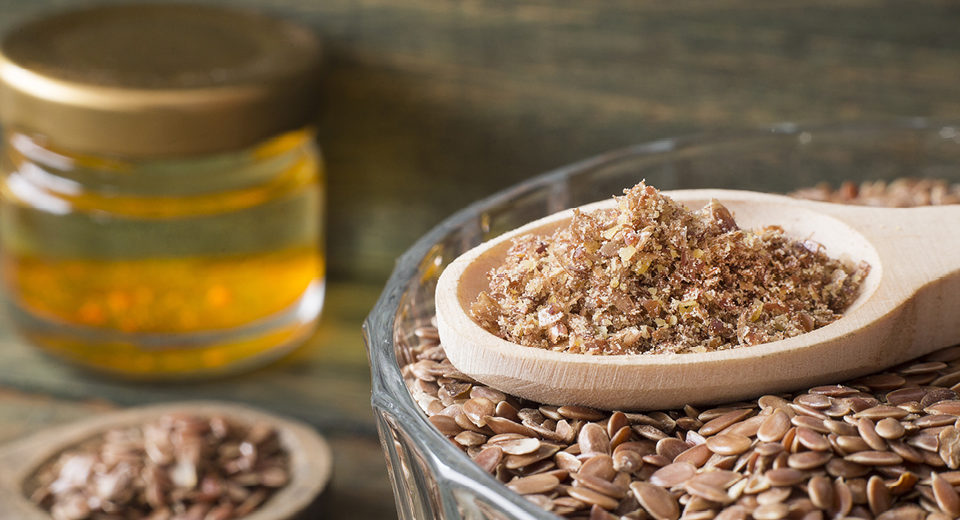November 27, 2019
When you want to get out and about, the last thing you need is for niggly joints to slow you down. Kelly, one of our in-house naturopaths has shed some light on joint supplements helping you support your joint health. Kelly, Help! There are so many supplements to support my joint health, but which one should I take? Great question! Yes, there are a lot and it can definitely be
August 10, 2018
Looking for extra gut health support? In the first article of this “Looking after your Gut Health” series, we talked about the bare bones basics of supporting a healthy digestive system. If you missed that article, the short version is that it all begins with a healthy diet: one that’s low in sugar and processed food, and high in fibre and nutrients. Get that wrong, and the best natural health products
August 1, 2017
Before there were prescriptions and over-the-counter medicines, herbs and spices were the foundation of traditional medicine practices around the world. Fast-forward thousands of years, and researchers today are now taking a fresh look at the potential in these natural remedies. The Indian spice Turmeric is right at the top of the list.
August 1, 2017
1. It may help protect the heart Inflammation can stiffen the heart muscle by stimulating extra collagen to form around heart cells – this forces the heart to work harder. Curcumin may help prevent this process. 2. It may help reduce the risk of Alzheimer’s Curcumin may help preserve memory and reduce the risk of Alzheimer’s disease.
August 1, 2017
Omega 6 fatty acids: what they are and why you need them What exactly are Omega 6 fatty acids, and why do some experts say they’re bad for us? How does Omega 6 differ from Omega 3 or 9? If you find all the information about the omega family confusing, this article should help to clear things up.
July 18, 2017
Wish your energy levels were higher? It all starts with your cells… If you regularly wake up tired, and then end each day sprawled out on the couch, you’ve probably wished for more energy. To make that happen, it helps to understand your body’s energy-production process. If you zoom in to a cellular level, you’ll find that every single cell in your body contains several little organelles called mitochondria.
June 26, 2017
When it comes to serving your kids nutritious meals, most parents will have experienced – at least once ‐ being confronted with screwed up faces and a blatant refusal to try certain foods. Unfortunately it is most often vegetables that appear to be the culprit when it comes to bringing out the devil in your usually angelic child. Meal times can become a battle of wills which, at the end
June 1, 2017
There’s no argument that physical and cognitive exercise can benefit your mental ability. However, why stop there? Just like topping up your car with a specific type of fuel for the best performance, you should feed your body with the appropriate foods for optimum functioning. Part of preventing the risks of certain health conditions is to maintain your body’s wellbeing in the best way possible.








